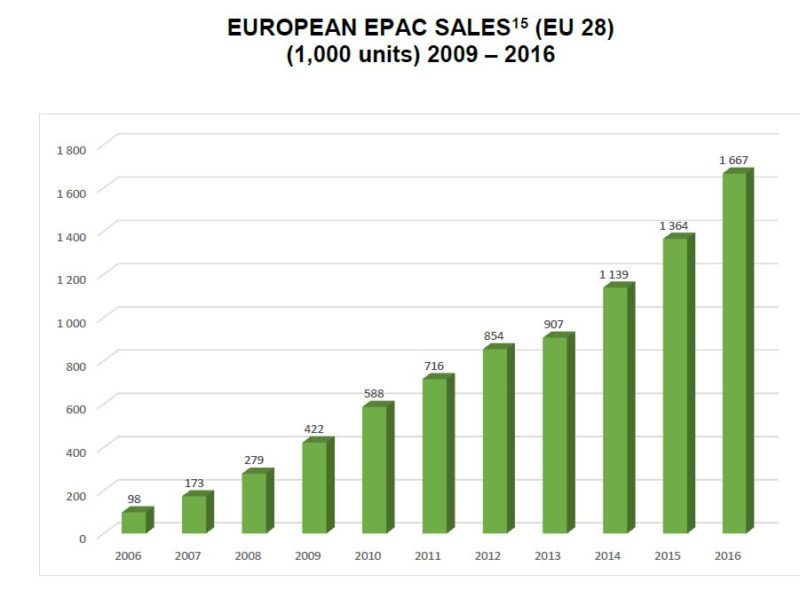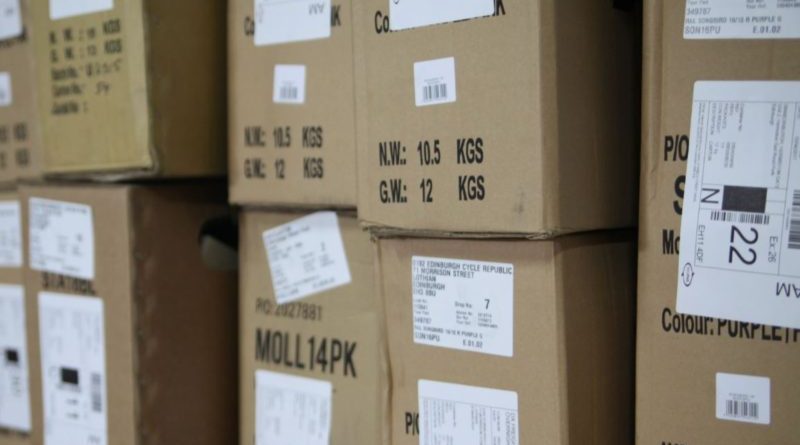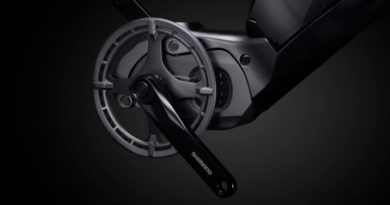LEVA-EU lends supports to electric bike importer collective opposing EBMA’s dumping case
The European arm of the Light Electric Vehicle Association has accepted a request by the newly-formed Collective of European Importers of Electric Bicycles to assist in its defence of AD643 duty against electric bikes sourced from China.
In its statement, LEVA-EU manager Annick Roetynck offers: “Having read the complaint, LEVA-EU has concluded that this initiative is not aimed at growing the market. It is an attempt to ensure a bigger piece of the market for some parties. For that purpose, the popular and currently well-used tactic of “us” against “them” is put in position. AD643 is meant to be read as a battle of European manufacturers against Chinese manufacturers. So, their assumption is: if you are European, you know which camp to support, because that is the camp that provides economic growth, jobs, etc. What’s more, they believe that as a European you should fight against the Chinese manufacturers. They believe their sole purpose is to kill off the European manufacturers, take all production to China and leave Europe with, yet another, economic and industrial wasteland.”
The issue stems from a dumping complaint lodged to the European Commission by the EBMA against Chinese businesses exporting into Europe. The submission to the EC has stimulated fierce discussion from those shipping electric bikes around the globe, as well as from individual manufacturers of goods.

Already backed by some 20 plus bike industry brands, the collective of importers is growing in strength, with LEVA-EU further welcoming affected brands to become involved in the discussion.
“LEVA-EU welcomes manufacturers, importers, exporters, distributors, dealers, … alike, provided they share LEVA-EU’s belief in LEVs and agree to work together to grow the market,” said the organisation.
In siding with the brand collective, LEVA outlines that it is of the opinion that the opportunities to grow the industry’s pie are “far more real than the risks” outlined by the EBMA. Furthermore, LEVA believes that route to market changes, increasingly common in the bicycle industry, may also weigh heavily on the dispute over damage to European manufacturing.
“Globalization and Internet have yielded so much more than just some opportunistic imports of shoddy e-bikes. There are new entrepreneurs coming into the business, who are developing innovative and disruptive ideas and business models. They no longer abide by the traditional supply chains but work on principles, which are driven by developments and technologies based on new concepts such as mobility as a service. They shop around the world for components and assembly, whilst devising business models that include leasing, sharing, conventional sales which combine points of sales, Internet, home delivery. They are flexible, open-minded and very aware that they are working with a golden opportunity in the framework of issues such as mobility, transport, air quality, public health, etc,” outlines the LEVA statement.
Roetynck concludes by proposing that the manufacturer’s association may be missing its target by pushing for dumping duties.
“With all due respect, Europe does not need any conferences on and initiatives about bringing production back to the old continent. Europe needs conferences and initiatives on R&D, on innovating business models, on how to push LEV uptake, on how to encourage/help start-ups, on how to cooperate with the scientific/academic world, on setting up alliances with cities and citizens’ organizations. Should that result in the conclusion that it may be useful to start up production in Europe, fine. But not defying all economic reality by bringing back production just out of nostalgia.
“Ironically, in trying to preserve their position, these companies attack the wrong enemy. Importers, overseas producers, new companies applying new business models, they are not the enemy.”



